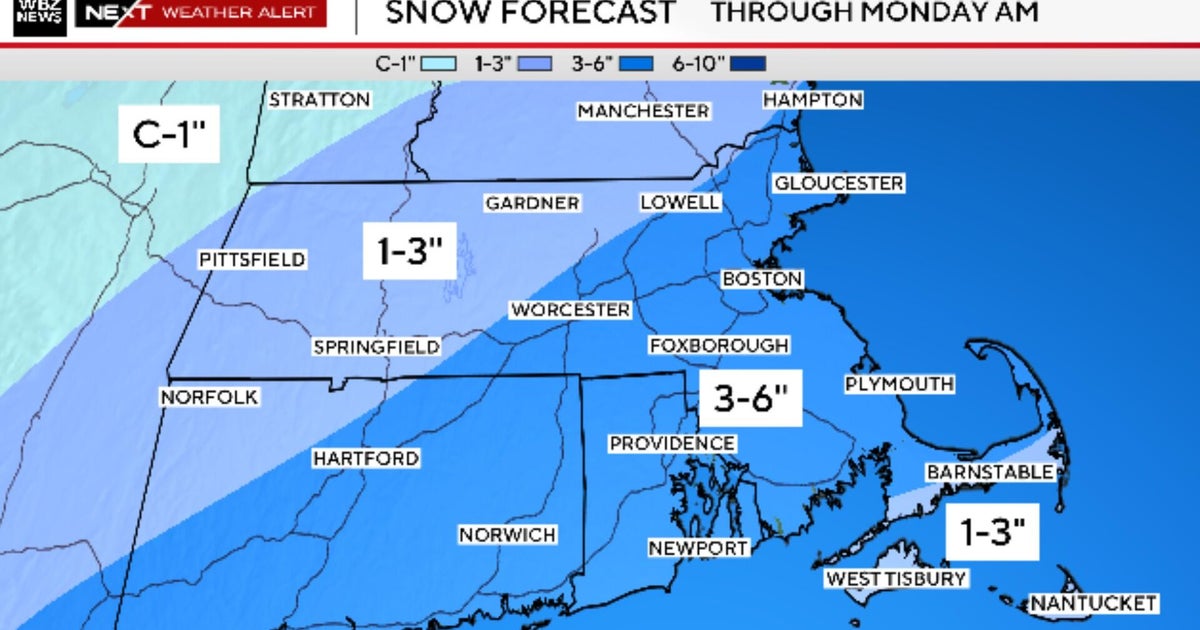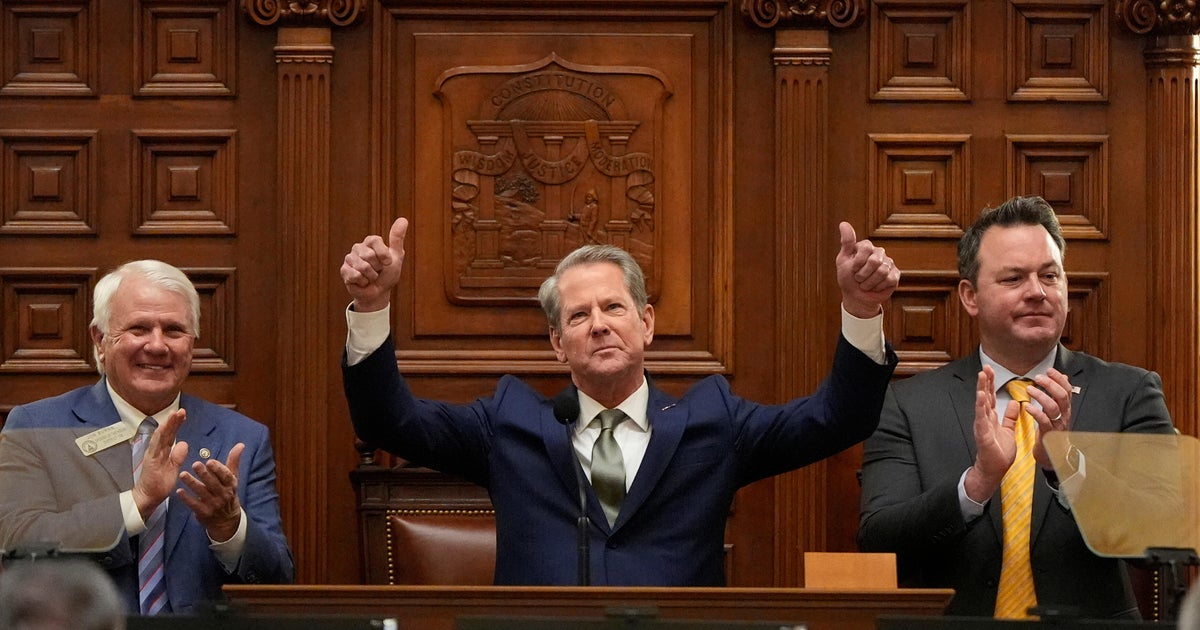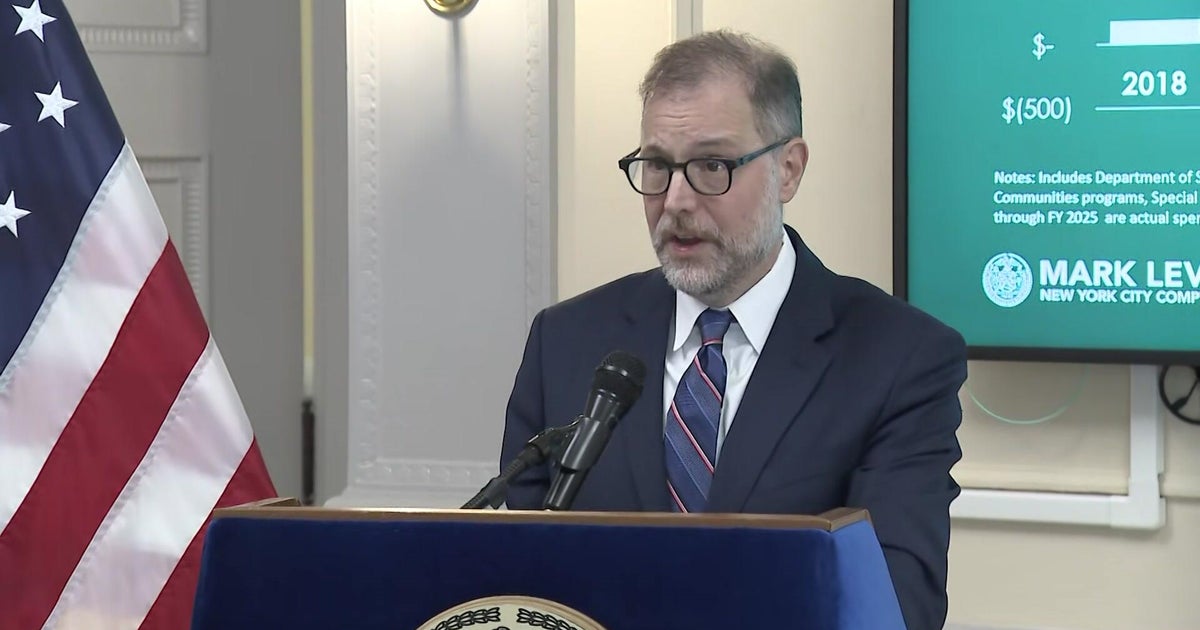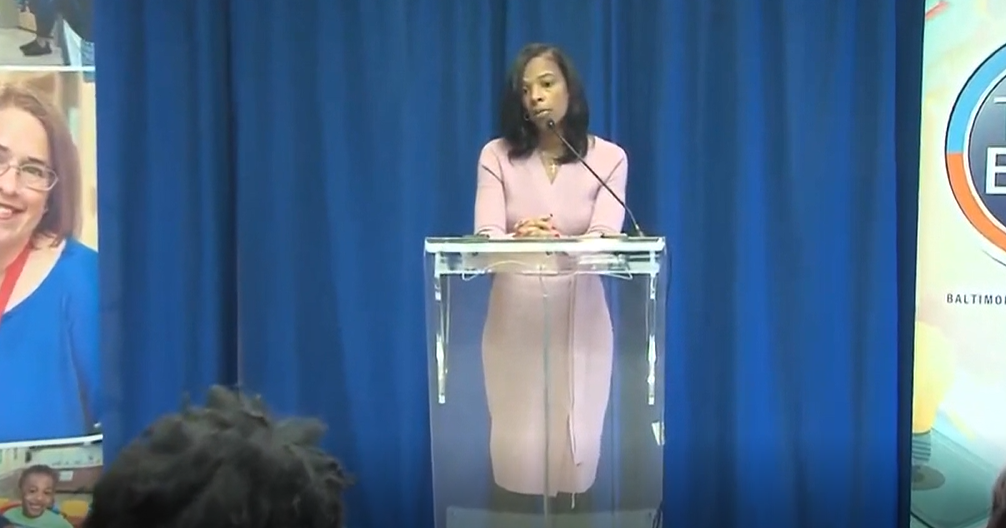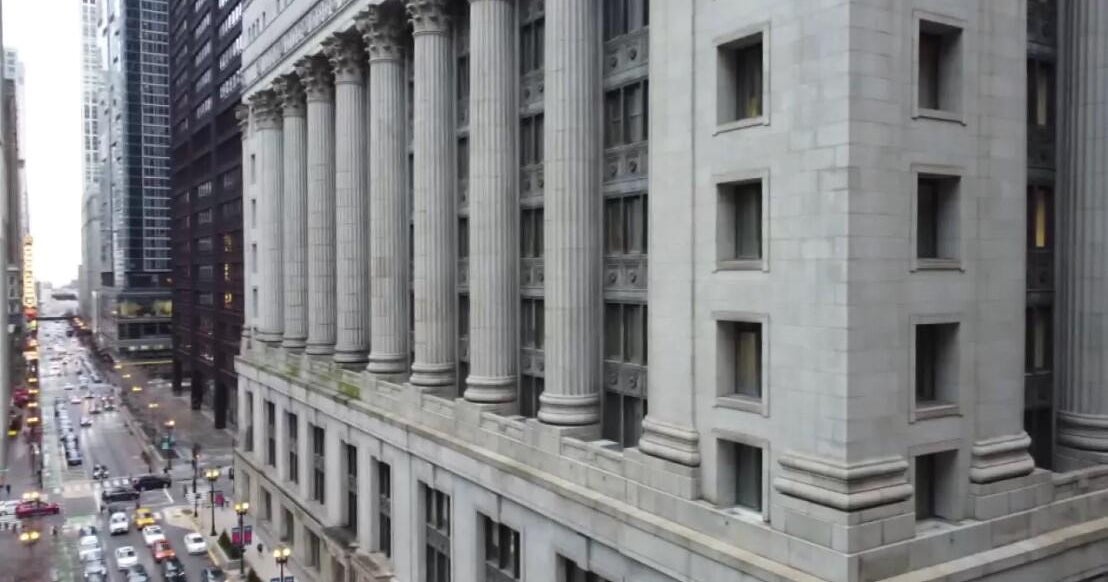Keller @ Large: Is Millionaire's Tax to blame for tax revenue shortfall in Massachusetts?
BOSTON - "Winter isn't just coming, folks, it's already here," said House Ways and Means Chairman Aaron Michlewitz at the start of Wednesday's state budget hearing, sounding the alarm over a seventh straight month of tax revenues falling short of the forecast the budget was based on, even though the economy has been steadily improving.
"While our economy remains strong, the revenue environment has changed," acknowledged Gov. Maura Healey.
And that trend is forcing the Healey administration to make hundreds of millions worth of budget cuts, with little relief in sight, according to Secretary of Administration and Finance Matthew Gorzkowicz. "For Fiscal Year 25, we expect revenue growth to be flat."
It's all raising a politically-touchy question. As Michlewitz put it, "What is happening here, why have we hit such a snag over the last six months?"
One answer: "We're 46th in the country when it comes to state tax climate. That's not where you want to be," said former Secretary of Economic Development Jay Ash, now head of the non-partisan business group the Massachusetts Competitive Partnership. He placed some of the blame on the so-called Millionaire's Tax, the 4% surtax on incomes of one million dollars or more voters approved in the last election.
"While North Carolina is dropping its tax rate to under 4%, the Millionaire's Tax just added 4% on our higher end here," said Ash. "So we're no longer competitive when it comes to taxes, and what the pandemic has done is showed us that business can take place away from the bricks and mortar it was always tied to."
But while the administration acknowledges a decline in revenue from bonuses, they're punting on the tax's impact for now. "That is something we're looking closely at," said Gorzkowicz. "Unfortunately, we don't have the data yet."
He adds they should know more by October. In the meantime, there's no denying the more than billion dollars reaped by the new tax has yielded some worthwhile benefits, including free community college that could help sate employer demand for qualified workers.
But as Ash points out, our local economy doesn't exist in a vacuum. We'll soon know whether or not we priced ourselves out of the market by reaching for this new source of revenue.

